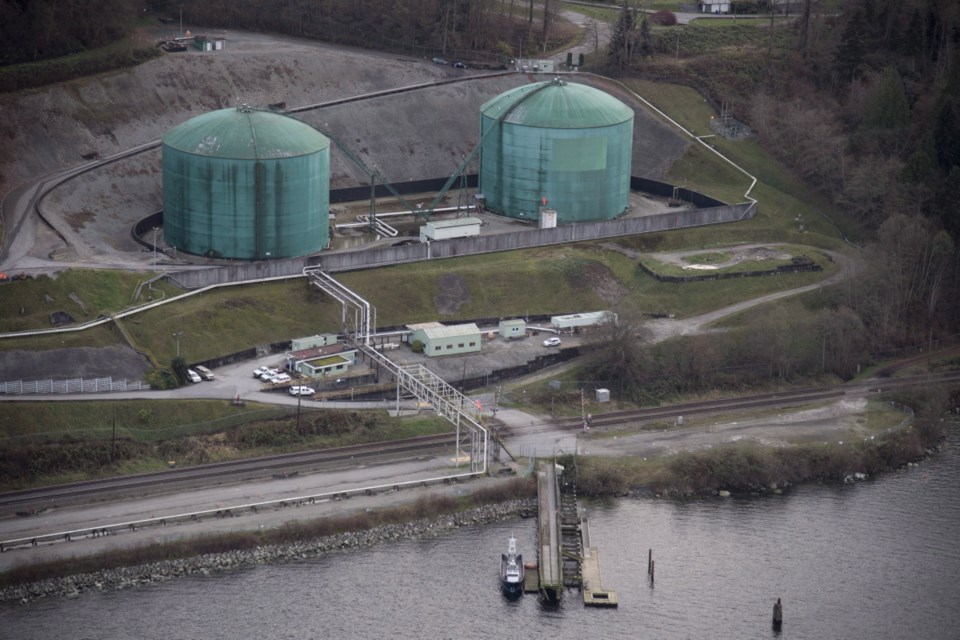Albertans aren’t the only people with jobs to gain if Kinder Morgan’s Trans Mountain pipeline expansion project is built.
Thousands of Vancouver Islanders have worked in the oilsands and would like to return, said the head of a Vancouver Island trade union.
“For the last two decades, you’ve had a tremendous amount of Vancouver Island trades people jumping on planes to go out to Fort McMurray,” said Phil Venoit, president of Vancouver Island Building Trades. “[They’re] working out there to support families on Vancouver Island and pay mortgages here, based on those jobs.”
A slump in oil prices has meant many of those workers have been sitting at home or underemployed for the past two to three years, he said. But a project such as
Trans Mountain, which would increase the amount of Canadian oil that could reach foreign markets, would help put them back to work, Venoit said.
The Trans Mountain pipeline expansion project, which received federal approval last week, would twin an existing pipeline between Edmonton and Burnaby, increasing its capacity to 890,000 from 300,000 barrels per day. It would also come with an increase in tanker traffic to up to 408 vessels per year, from the current 60.
The project has met with fierce opposition from environmentalists, some First Nations, as well as municipal leaders such as Victoria Mayor Lisa Helps, who says a diluted bitumen spill would compromise coastal economies.
Thousands of protesters have taken to the streets of Vancouver, Victoria and Nanaimo to demonstrate against the project, while First Nations have committed to legal action. While it still needs provincial approval, Premier Christy Clark has said it is “very, very close” to meeting B.C.’s five conditions, including “world-leading” spill response and addressing legal requirements regarding aboriginal and treaty rights.
Venoit said that while shifting to an oil-free economy is a positive goal, there has to be a transition period. He also said he’s an advocate for a B.C.-based refinery, which would reduce the impact of a spill.
A study of 9,000 research papers, to be published in the journal Frontiers in the Ecology and Environment, found not enough is known about bitumen’s ocean behaviour to assess the risk of shipping it.
“The last thing we want ... is diluted bitumen pouring into the ocean. At least with diesel, if it were to spill, it would just sit on top of the water and evaporate. That’s just the nature of the product,” Venoit said.
“And by refining it, it creates more jobs in Canada. This is what we’ve done for way too many decades, whether it be raw logs or sitting on our hands while the rest of the world fishes our waters, or shipping raw gravel: We should be providing some tertiary manufacturing to this. Refining oil is exactly that,” he said.
Kinder Morgan has participated in community life in Greater Victoria. The company has donated $400,000 for Camosun College’s Coastal Skills Initiative. Kinder Morgan Canada president Ian Anderson has been an active volunteer of the Camosun College Foundation’s TRADEmark of Excellence fundraising campaign.
“As one of Canada’s largest energy companies and a strong supporter of skilled trades training, Kinder Morgan Canada is helping to ensure that the next generation of skilled tradespeople is prepared to meet the needs of British Columbia’s coastal communities,” Camosun president Sherri Bell said in a statement in August.
The Coastal Skills Initiative is designed to identify emerging issues, trends and opportunities and link them directly to a range of skilled trades programs at Camosun with a coastal perspective.



